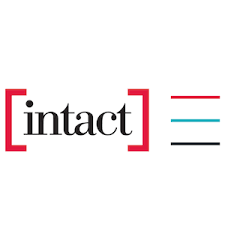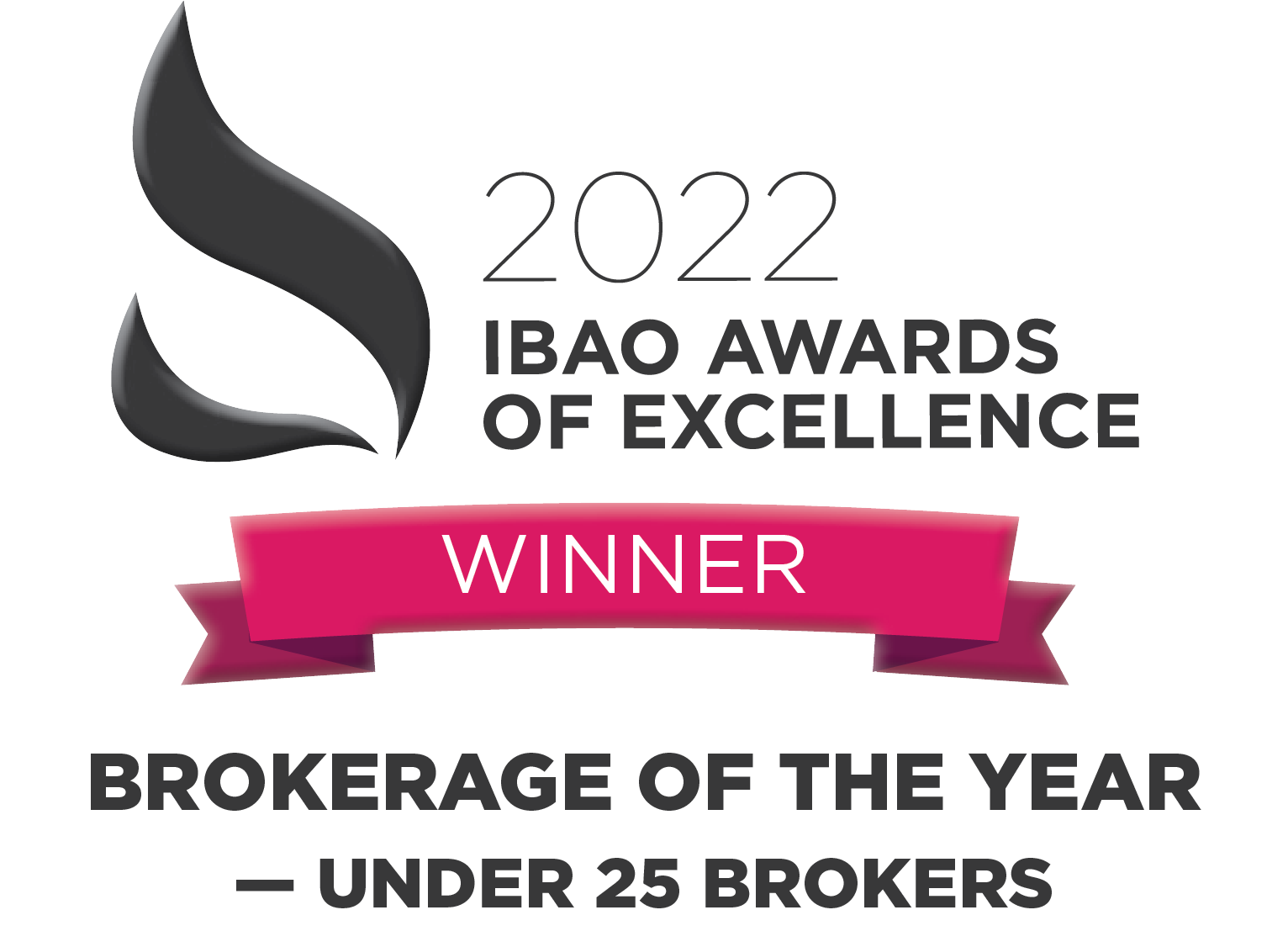Edit
About Us
BrokerUnion is an insurance Brokerage located in Pickering, Ontario. Let’s get one thing straight- we’re not a call center; we are a local brokerage that represents and focuses on our clients and meeting their unique insurance needs. Our licensed and experienced staff are the heart of the organization, and will work together to provide multiple coverage options and protect what is important to our clients. We have developed strong and trusting partnerships with some of the largest insurance carriers in Canada, and can provide our clients with Home, Auto, Business, Life and Living Benefits Insurance products.
Give us a call today and one of our licensed brokers will be happy to assist you.
Contact Info
- Unit 6B -1400 Bayly St, Pickering, ON L1W 3R2
- (905) 492 - 7070
-
Week Days: 09.00 to 18.00
Saturday: By Appointment
Sunday: Closed
Call For A Quote
(905) 492 - 7070














